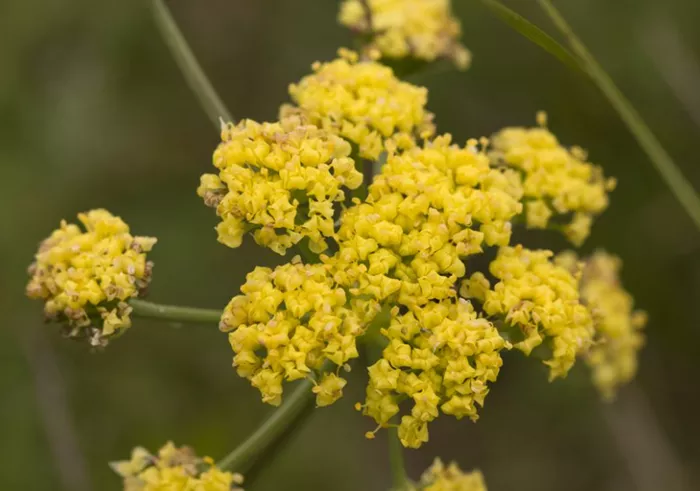CAMAS, Wash. – The Center for Biological Diversity is urging the U.S. Fish and Wildlife Service (USFWS) and the Washington State Department of Ecology to take immediate action following the destruction of nearly 90% of the global population of Bradshaw’s lomatium, a rare plant, by a private golf course in Camas, Washington.
In formal letters sent today to both agencies, the Center called on the USFWS to reinstate protections for the plant under the Endangered Species Act (ESA) and for the Washington State Department of Ecology to investigate potential violations of state laws if the golf course illegally destroyed a wetland during its operations.
Noah Greenwald, endangered species director at the Center, criticized the golf course’s actions, saying, “The Camas Meadows Golf Course’s decision to plow 15 acres of wetlands and destroy nearly 4 million Bradshaw’s lomatium plants is senseless and devastating. This is a major setback for the species, and it’s crucial that both state and federal agencies take swift action to protect them.”
Bradshaw’s lomatium is a rare herb found only in the open, seasonally wet prairies of Oregon and Washington. The plant relies on periodic disturbances such as flooding or fire to maintain the open conditions necessary for its survival. For decades, the golf course had helped protect the plant by mowing the area in the fall, when the plants are dormant. However, this year, the course chose to plow the land, damaging the dormant plants’ roots and potentially altering the soil conditions they depend on.
In 2021, the USFWS removed Bradshaw’s lomatium from the endangered species list, citing recovery of the species. However, the agency acknowledged that no formal agreements were in place to protect the population on the golf course. The Center’s letter argues that the USFWS should have downgraded the plant’s status to “threatened” rather than removing protections altogether.
“The ESA has been an incredibly successful law in protecting endangered species,” Greenwald said. “However, in this case, the removal of protections left the Bradshaw’s lomatium vulnerable. Without proper safeguards, these irreplaceable plants are paying the price.”
The Washington State Department of Ecology regulates wetlands under the Water Pollution Control Act, requiring landowners to obtain permits for actions that harm wetlands. The golf course did not obtain such a permit before plowing the land. The Center is calling on the state agency to investigate whether any laws were violated and, if so, to impose penalties on the landowner and take steps to prevent further damage to the wetlands.
The population of Bradshaw’s lomatium at the golf course was one of only two remaining in Washington, with the other located at the Lacamas Prairie Preserve, a state-managed area. In Oregon, there are 24 populations, many of which are on private land that lacks legal protections for the species.
The Center for Biological Diversity is a national nonprofit organization dedicated to the protection of endangered species and habitats, with more than 1.7 million members and online activists.
Related topics:


